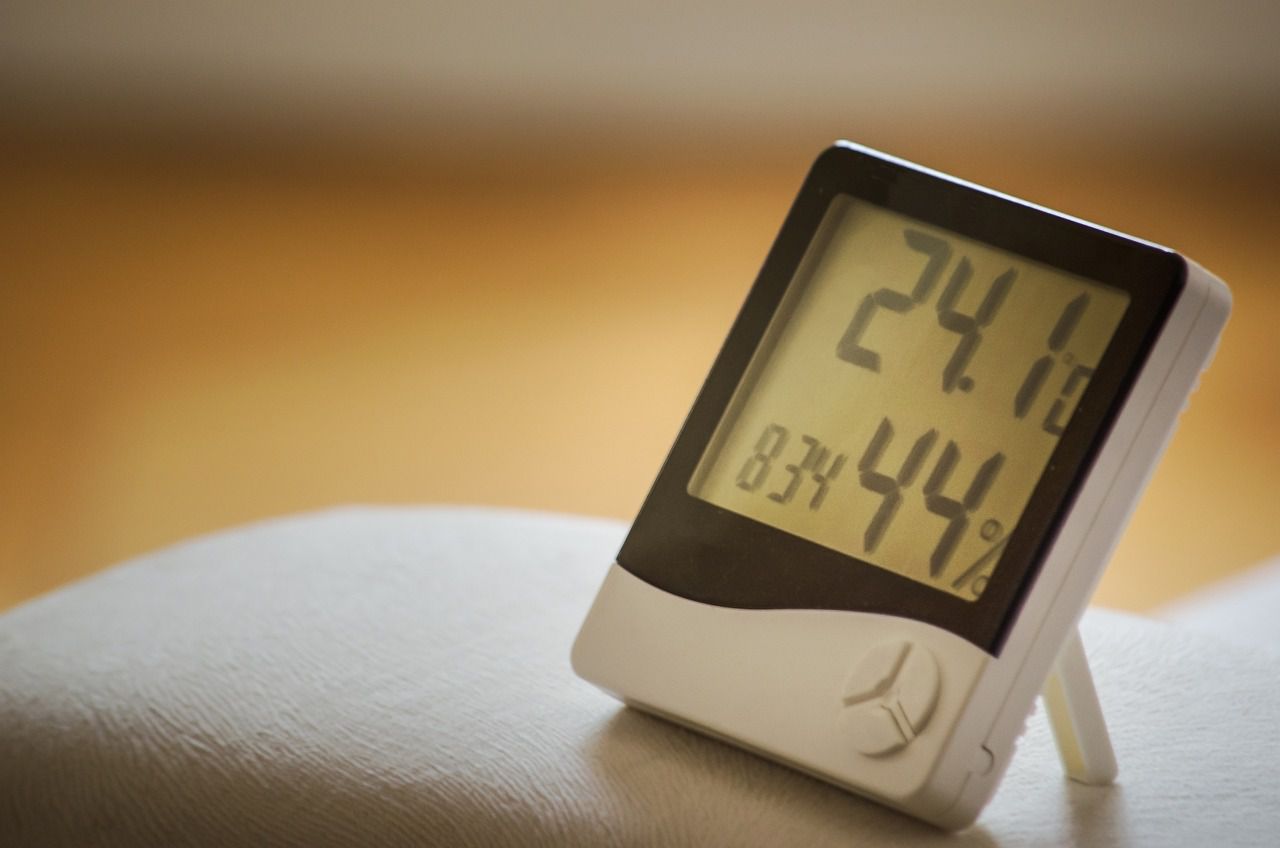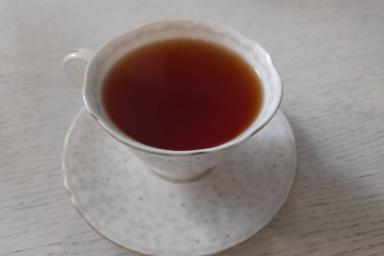If the humidity level of your house is too low or too high, it can be bad for your health and also your furniture.
When the air is too dry, it can damage your health and wooden furniture, and when it's too wet, it can damage your wallpapers and cause mold.
Here are a few tips on how to make your humidity level perfect.
Use a Hygrometer
First, get a hygrometer. It's a small device that tells you how humid or dry the air is in your home.
This helps you know if you need to make adjustments.

Ventilation
Let fresh air in by opening windows and doors when the weather is suitable. This can help balance humidity levels.
Use a Dehumidifier
If your home is too humid, you can use a dehumidifier. It's a machine that takes excess moisture out of the air.
Use a Humidifier
If your home is too dry, especially in the winter when the heating is on, you can use a humidifier. It adds moisture to the air.
Seal Leaks
Check for any leaks in your home, like around windows and doors. If you find any, seal them up. This can help maintain humidity.
Use Houseplants
Some houseplants naturally add moisture to the air. They can help keep the humidity at a comfortable level.
Cover Pots
When you're cooking on the stove, use lids on your pots and pans. This keeps the moisture inside and can help increase humidity.
Use a Bath Fan
After taking a shower or bath, use the bathroom fan. It helps remove excess moisture from the air.
Avoid Overwatering Plants
If you have indoor plants, don't overwater them. Excess water in the pots can increase humidity.
Fix Plumbing Issues
Any plumbing leaks or drips should be fixed promptly. They can add extra humidity to your home.
Conclusion
Keep your humidity level perfect, so you can protect your furniture and your health!









